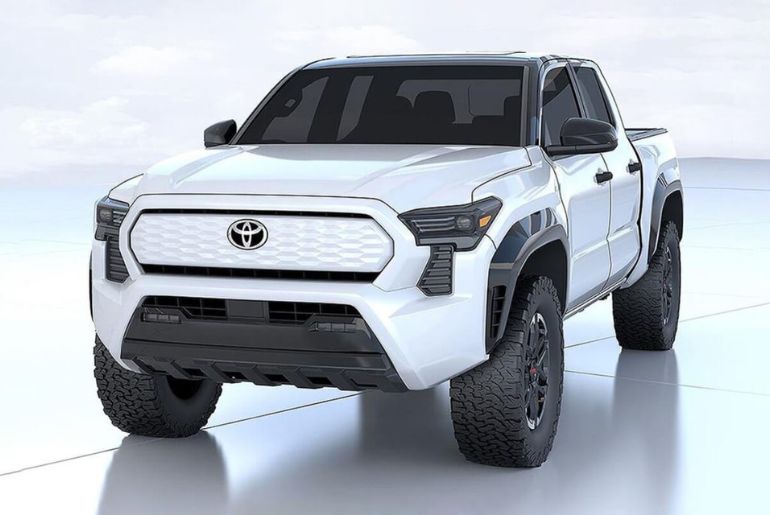In an effort to keep up with its soaring Chinese competitors, Toyota revealed intentions to start producing electric cars in Indonesia this year. After China and Japan, it will be the third country in which Toyota manufactures electric vehicles. Toyota plans to start producing electric pickups in another market later this year.
Despite Toyota’s current market dominance of over 30%, Chinese automakers are rapidly encroaching on Indonesia with their cutting-edge EVs.
In order to increase domestic EV production and attract new brands, Indonesia implemented new policies and tax incentives last year. For EVs that are produced at least 40% domestically, this includes lowering the value-added tax (VAT) to just 1%. A VAT of 11% is applied to those who fall below the threshold.
A corporation will also be free from import duties and other fees that were implemented last year if it commits to producing EVs locally.
Later this year, Toyota will start producing the bZ4X SUV in Indonesia in order to compete with new Chinese rivals.
Toyota plans to aggressively increase sales of the locally produced electric SUV by utilising its dominant market position.
Toyota’s “multi-pathway strategy” includes the choice to develop EVs in Indonesia, according to Hiroyuki Ueda, president and director of Toyota-Astra Motor.
Toyota will now provide EV alternatives, despite its long-standing reliance on hybrids, or “environmentally friendly vehicles“, as Ueda refers to them.
Toyota Indonesia exports automobiles to over 80 nations across the globe. It has made up roughly 61% of Indonesia’s total exports of CPU (completely built-up) vehicles over the last five years. Despite last year’s 5% decline in exports, Toyota thinks domestic EV manufacturing and robust government support would help things improve.
And that’s not all. By the end of 2025, Toyota also intends to start producing electric pickup trucks in Thailand, another market that Chinese companies like BYD are rapidly expanding into.

